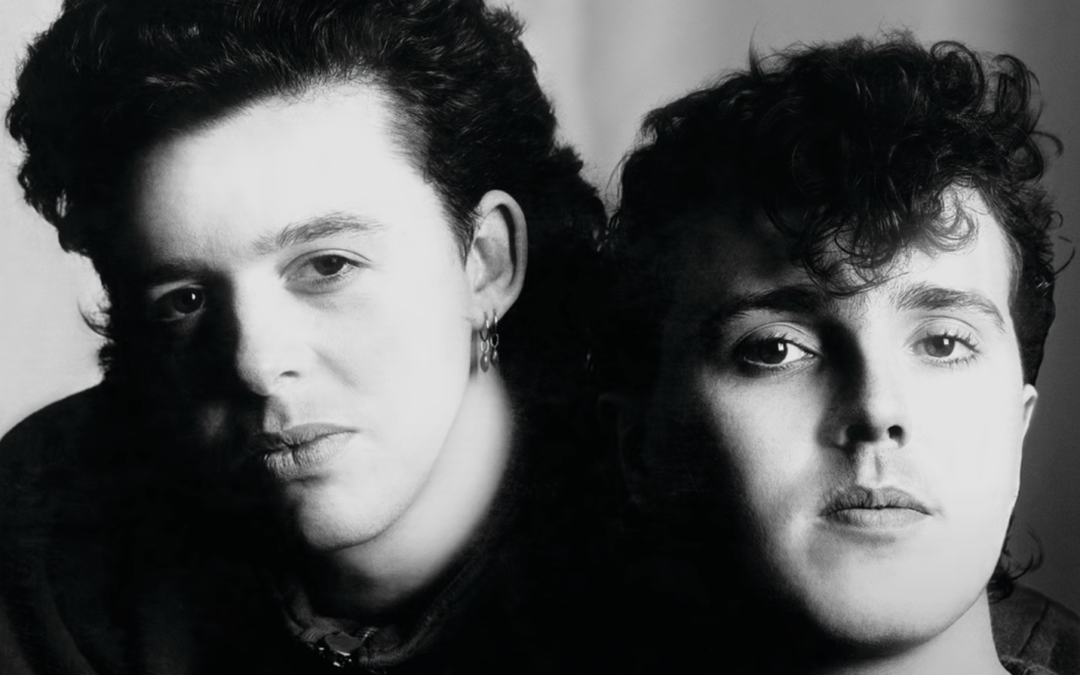Introduction
If the early 1980s had a sound, it would be synthesized. With the advent of affordable synthesizers, music began to take on a futuristic feel, fusing technology with art in a way that seemed both novel and nostalgic. Among the tracks that encapsulate this era perfectly is Soft Cell’s 1981 version of “Tainted Love.” While the song was originally written by Ed Cobb and first performed by Gloria Jones in the 1960s, Soft Cell’s rendition introduced a generation to the visceral pain of love gone wrong—set to a synthesized beat that makes you want to dance and cry at the same time. This blog post delves into the fascinating history, impact, and enduring appeal of “Tainted Love.”
The Original
“Tainted Love” was written by Ed Cobb, a member of the American group The Four Preps, and was first recorded by Gloria Jones in 1964. Though Jones’ version was a commercial flop upon its initial release, it gained a cult following among Northern Soul aficionados in the UK. Gloria Jones’ rendition has a soulful urgency to it, imbued with the raw emotion of Motown. Though very different from what Soft Cell would later create, the original version laid the emotional groundwork for the song’s future adaptations.
Soft Cell’s Transformation
Soft Cell, an English synth-pop duo consisting of Marc Almond and David Ball, took “Tainted Love” and infused it with the cultural ethos of the early ’80s. While the original was a soulful lament, Soft Cell’s version was a haunting electro-pop anthem. The synthesizers and drum machines gave it a futuristic feel, while Marc Almond’s expressive vocals retained the emotional intensity of the original. The song found its way into the hearts of many, reaching No. 1 on the UK Singles Chart and becoming a hit in several other countries, including the United States.
Cultural Impact
The impact of Soft Cell’s “Tainted Love” on popular culture has been broad and enduring. The song has appeared in numerous films, commercials, and television shows, forever immortalized in the annals of ’80s nostalgia. Its influence also extends into modern electronic and pop music, serving as a template for the emotive potential of synthesized music. Moreover, its themes of toxic love and emotional entanglement have made it a staple on playlists dedicated to heartbreak and recovery.
A Legacy of Resilience
One of the most fascinating aspects of “Tainted Love” is its resilience. Despite being a cover, it achieved remarkable success and became the definitive version of the song for a whole generation. Moreover, it is a track that has been re-covered, sampled, and remixed countless times, further showcasing its versatility and enduring appeal.
Conclusion
“Tainted Love” is a cultural landmark—a song that transcends its era and multiple adaptations to stand as a universal anthem for love’s complexities. From its Motown origins to its synth-pop reinvention, the song captures the messiness of human relationships while delivering a compulsively danceable tune. It’s a testament to the song’s timeless relevance that it continues to resonate, even as musical tastes evolve. Soft Cell’s “Tainted Love” remains a beloved classic, an indelible part of the landscape of modern pop music that will likely continue to captivate listeners for generations to come.






